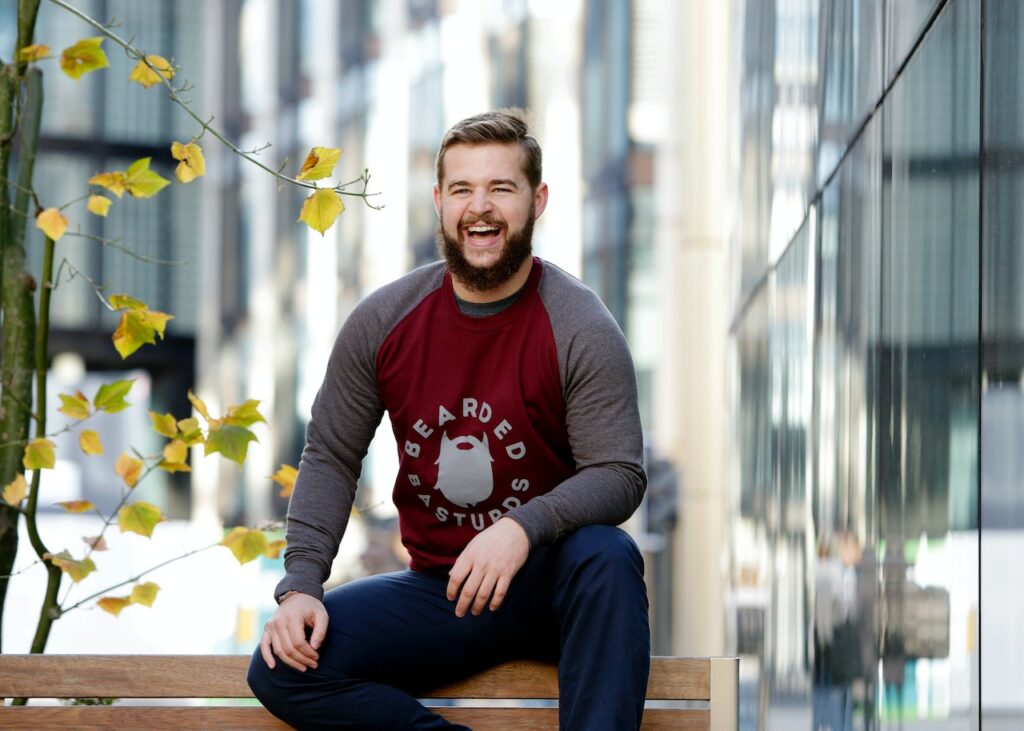Substance use disorder (SUD) is a complex condition that affects millions of people worldwide. Traditional treatment approaches often include therapy and medication, but emerging research has shown promising results with the use of transcranial magnetic stimulation (TMS) therapy to reduce cravings and aid in the treatment of SUD.

Understanding TMS Therapy
TMS therapy is a non-invasive procedure that uses magnetic fields to stimulate specific regions of the brain. By targeting these areas, the coil can modulate neuronal firing and create changes in brain activity. It is typically used as an adjunctive treatment alongside traditional approaches for SUD.
Research Studies and Data
Several studies have been conducted to explore the effectiveness of TMS therapy in reducing cravings and treating SUD. Researchers found that repetitive TMS (rTMS) may have a significant treatment effect in treating behavioral and psychological symptoms of cocaine addiction.
Another study concluded that this treatment showed therapeutic efficacy in reducing craving in various neuropsychiatric disorders. This supports the notion that TMS therapy could be a valuable tool in SUD treatment.
Application in SUD Treatment
TMS can be integrated into comprehensive treatment plans for SUD to reduce cravings and the risk of relapse. It is often used in combination with other therapies, such as cognitive-behavioral therapy, to enhance treatment outcomes.
During TMS therapy sessions, a magnetic coil is placed on the patient’s scalp, and magnetic pulses are delivered to stimulate specific brain regions associated with SUD. Treatment protocols may vary, but patients typically undergo multiple sessions over several weeks to achieve optimal results.
Conclusion
TMS therapy for SUD holds great promise as an effective adjunctive treatment. Studies have shown significant reductions in craving symptoms and positive treatment effects in patients with substance use disorder. The growing body of evidence suggests that it can be a valuable tool in the comprehensive treatment of SUD.
If you or someone you know is struggling with SUD, it is essential to consult with a healthcare professional to determine the most appropriate treatment options, including the potential use of TMS. By exploring innovative approaches like TMS therapy, we can continue to improve outcomes and help individuals on their journey to recovery.
Seeking treatment at an integrative program like Roots Through Recovery gives individuals access to groundbreaking treatments.


